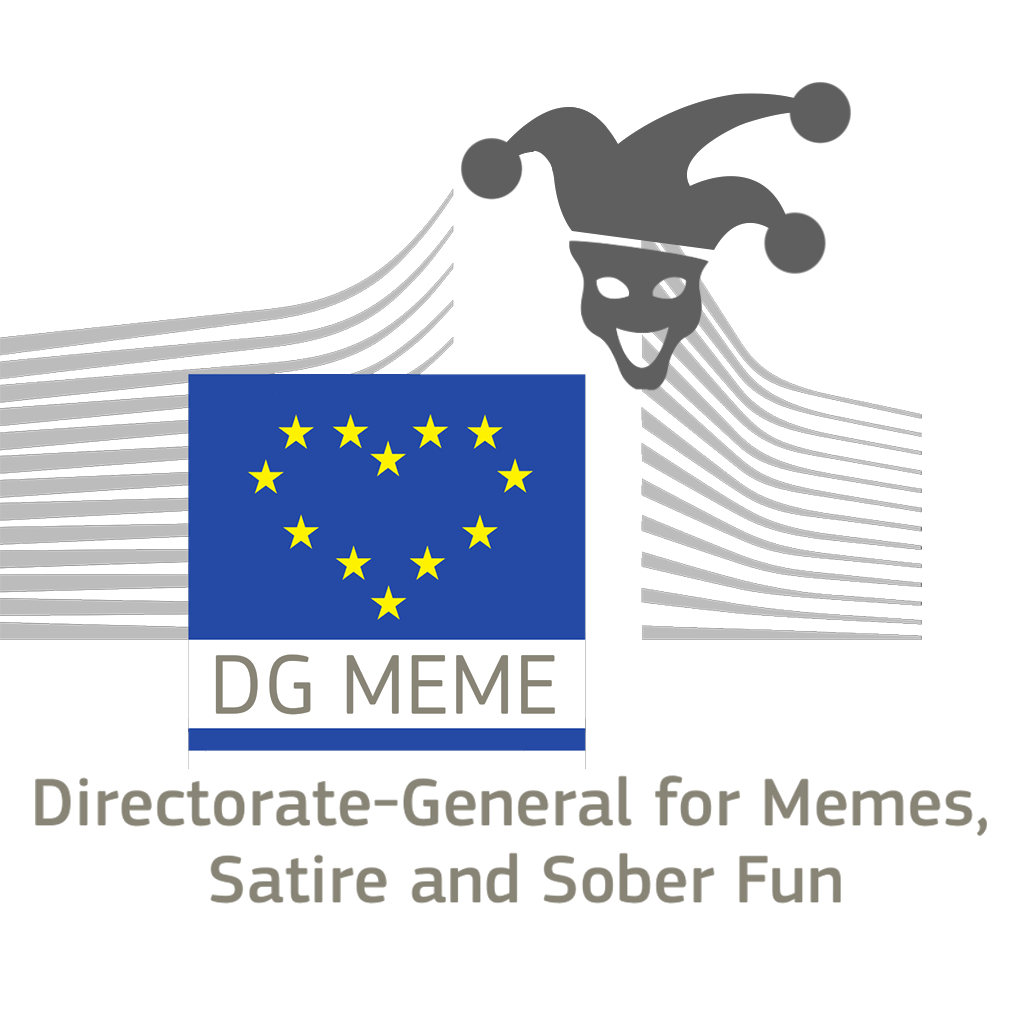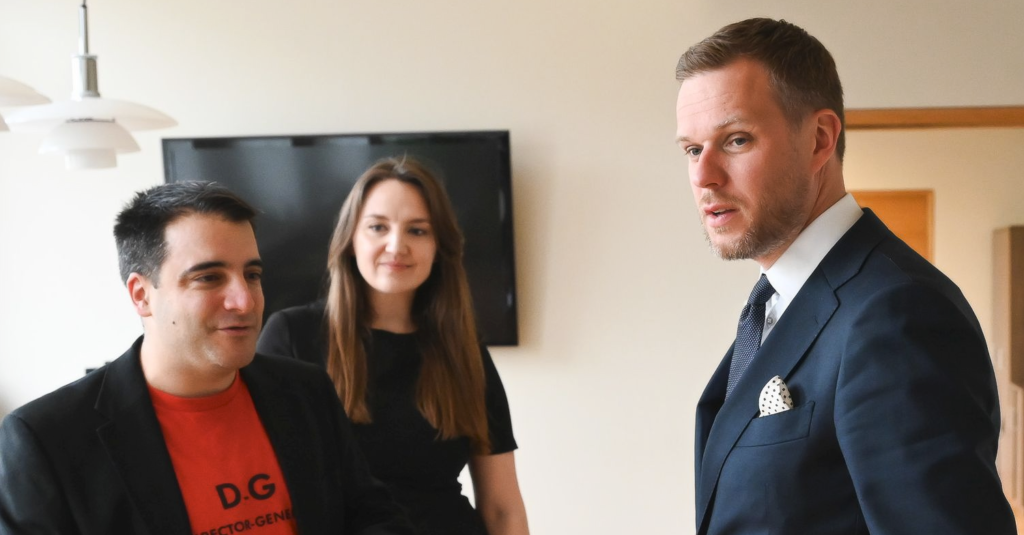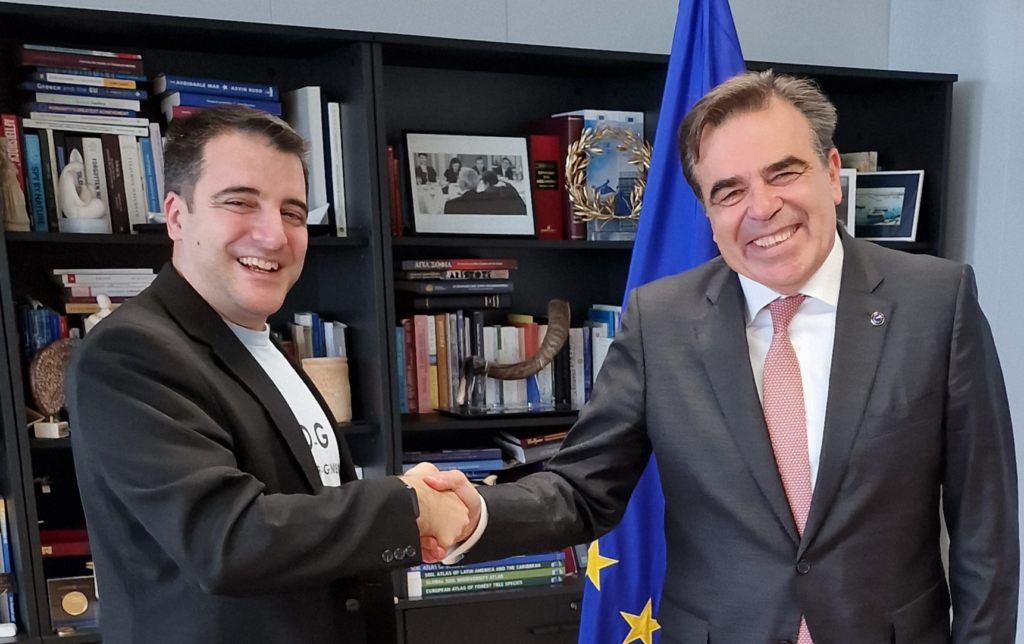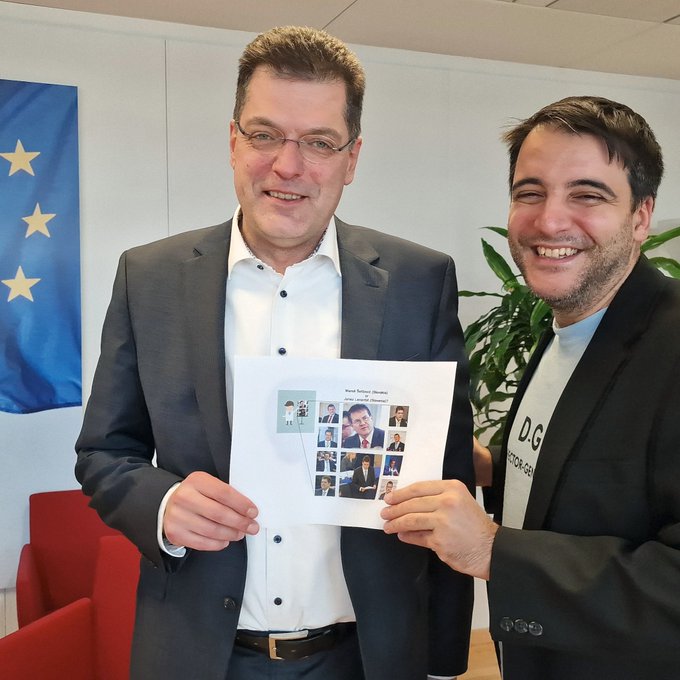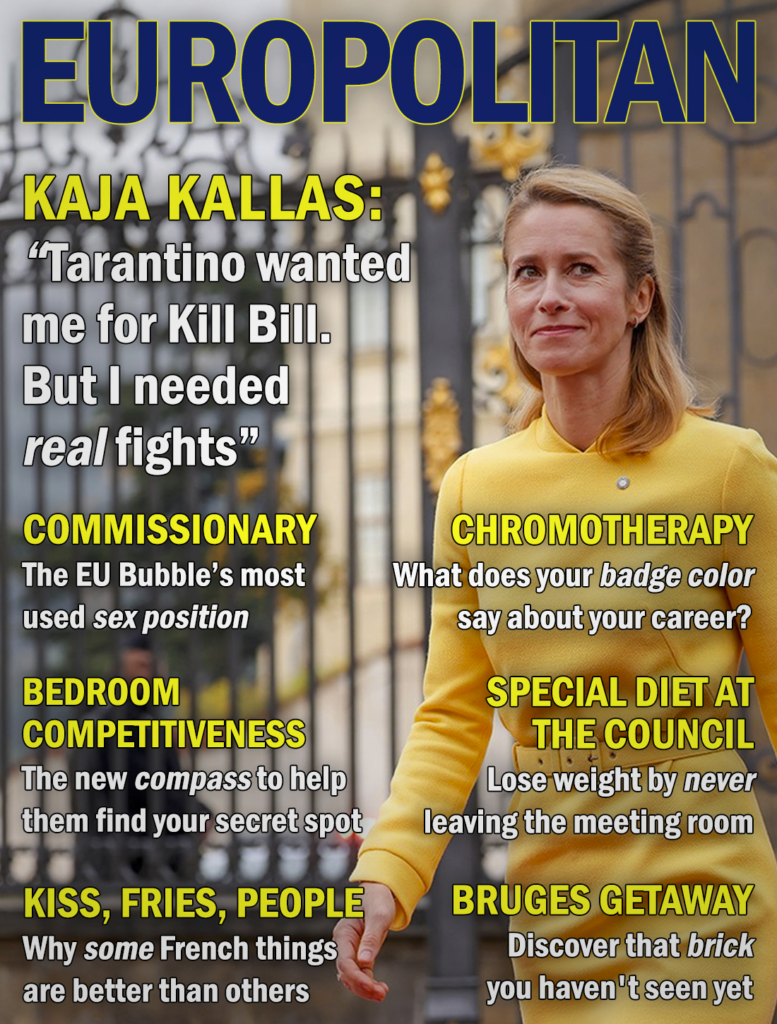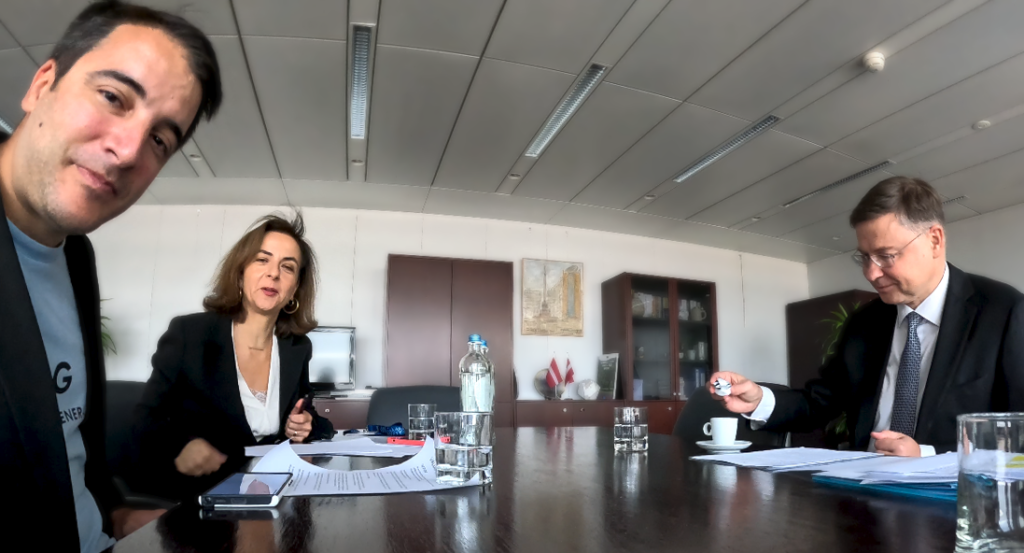The European Elections are not only one of the biggest democratic exercises in the world, they are also a huge communication campaign with the same goal since 1979: get people to vote.
Join us in a roller-coaster of nostalgia, pain and joy to discover the evolution of the Parliament efforts. 10 European elections, 10 communication campaigns, uncountable slogans and videos for you to enjoy.
